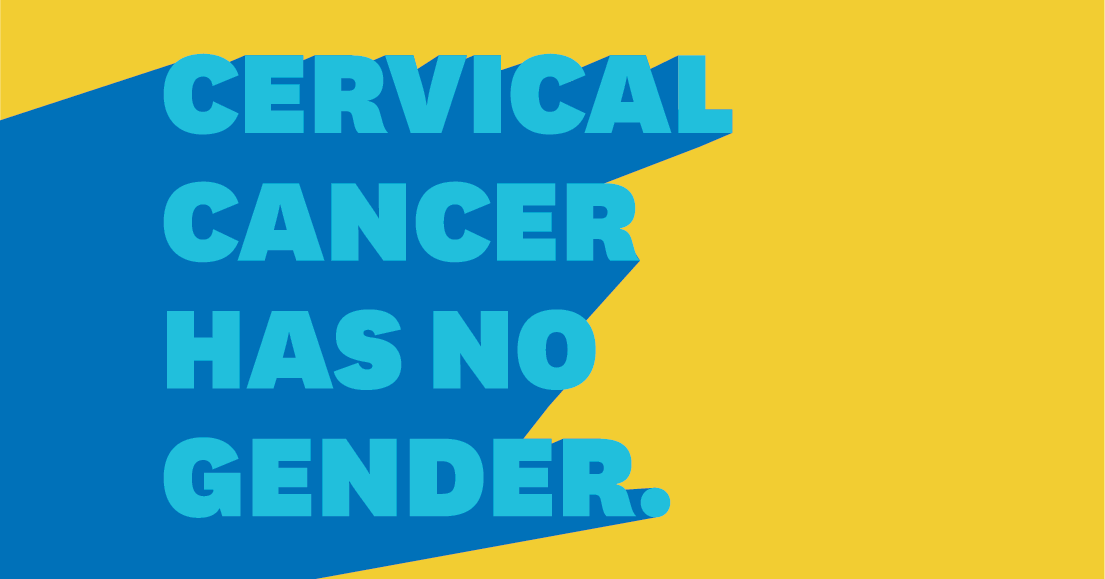Cervical Health and You
by Amy Nicole Miller, Manager of Women’s Health Services

January is cervical health awareness month. This time each year we are reminded of the importance to take charge of our health by understanding more about HPV, the primary cause of cervical cancer, and how regular screenings for HPV and cervical cancer (also known as a Pap test) are important in saving lives. The messaging is always geared toward heterosexual cisgender women, so how are HPV and Pap tests relevant to LGBTQ people?
First, let’s start with the basics.
The cervix is located at the top of
the vagina and the bottom of the uterus. It connects the uterus to the vaginal
canal.
Cervical cancer is a type of cancer that occurs in the cells of the cervix.
Human papillomavirus (HPV), a sexually transmitted infection, plays a role in causing most cervical cancer – specifically HPV types 16 and 18. However, it’s important to know that HPV is very common, and most people who are sexually active will get an HPV infection in their lifetime. HPV infection often causes no symptoms and most HPV infections go away on their own.
A cervical Pap test (also known as a Pap smear) detects tissue changes that can help identify cancer early enough to be treated. During a Pap test, you lie on an exam table and a speculum is used to open the vaginal canal or front hole (or whatever word you use to describe this part of your body). Cells are removed from the cervix with a brush or other sampling instrument. The cells usually are put into a special liquid and sent to a laboratory for testing. For more on affirming Pap tests and how you can make them more comfortable for you: See this link.
The HPV vaccine helps protect you against certain types of HPV that can lead to cancer or genital warts. Also known by the brand name Gardasil 9, the vaccine can be given to anyone ages 9-45. It’s recommended that children get the vaccine at age 11 or 12 so they’re fully protected years before they become sexually active.
Based on the types of sex we have and the body parts of our sexual partners, many of us in the LGBTQ community wrongly assume we can’t get HPV. The truth is that anyone who has sexual activity with another person can transmit HPV. HPV can be transmitted via hands, genital-to-genital contact, and even through sex toys. That means if you have a cervix, you should be getting regular Paps and HPV screening regardless of your gender and sexuality.
The current American College of Obstetrics and Gynecologists guidelines recommend:
- [People with a cervix] aged 21–29 years should have a Pap test alone every 3 years. HPV testing is not recommended.
- [People with a cervix] aged 30–65 years should have a Pap test and an HPV test (co-testing) every 5 years (preferred). It also is acceptable to have a Pap test alone every 3 years.
Providers at Howard Brown Health operate from harm reduction and trauma-informed frameworks. Your health and your bodily autonomy matters. We’re here to respect your overall health and boundaries. So if you aren’t sure what’s right for you and your body, you’re encouraged to have open and honest conversations about your health.
We get you! We’re here to support you on your healthcare journey. With 11 locations across Chicago, Howard Brown offers cervical screenings near you. Contact us at 773.388.1600 to schedule your appointment at any of our clinic locations.